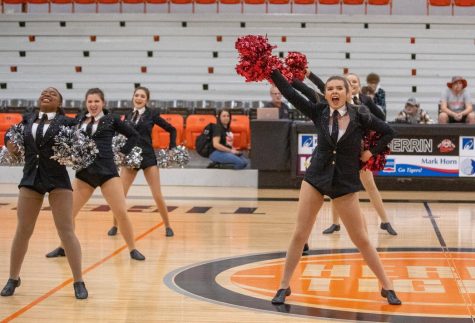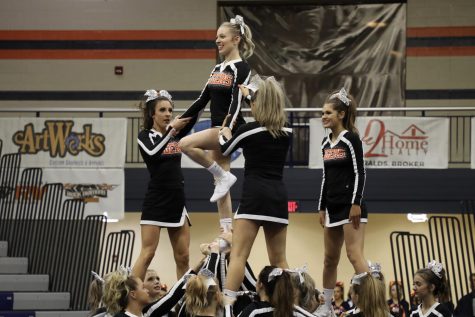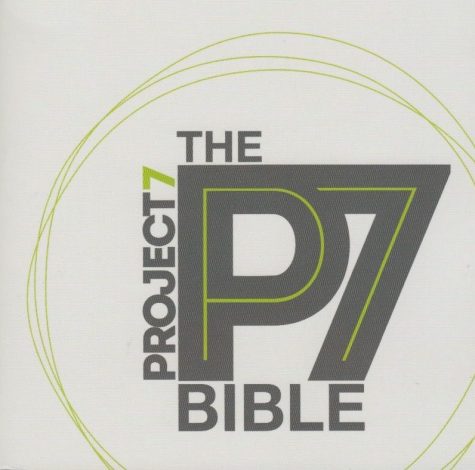Lack of Religion in Public Schools
January 28, 2018
Everyone who goes to a public school knows there is a rule against expressing religion. The rule against schools expressing religion came from the Constitution, it was also heard that the Supreme Court had declared all public schools to be “religion-free zones”. This law is very strict, prohibiting all teachers to wear clothing of their religion such as a cross or a Star of David.
On June 25, 1962 the Supreme Court decided that prayer in school violated the constitution by representing religion so they took it out of public schools. I’m sure this law is just to prevent arguments and fights about everyone’s beliefs and disbeliefs but I do also think it also isolates students. Students should be able to express themselves in a place they are forced to go to nearly everyday.
The Supreme Court also claims that religious clubs are allowed at public schools, which means they can meet up in a room after school to pray and study the bible. There might be many religious colleges and universities but not as many high schools are available. Most Christian or Jewish schools cost $7,960 each year on average for an elementary or middle school student but a religious highschool costs about $16,520 a year. Many of the students’ parents cannot afford to pay all of the money required for their child to attend a private school so their child has to enroll in a public school. This prevents a student eager to practice his/her religion as he/she may wish to do.
In my opinion public schools are not as welcoming with religious differences as they state they are. Most private schools hold a course on religious history and allow students to learn facts about religions. Public schools do not offer this because it would be “offensive” to some.
Public schools can distract you because religion is not part of their main focus. The teachers don’t teach or allow us to express our religions and students tend to casually do things that other students are religiously against. However, the religious after school clubs do help make friends with people you share interests with.
I interviewed a couple students of different religions on this subject. Sophomore, Kaitlyn Rutherford, said “It would not be right because the kids who are religious wouldn’t get to be themselves and spread God’s word. Some kids have to be homeschooled because school doesn’t allow them to wear what they want or act like they want/need to. But if there’s all these other students able to express themselves then why aren’t the religious ones able to?”
I then interviewed senior, Fatima Marwa Fadzlulkarim, she said “Religion is a part of most of our lives, not being able to express it is just like not being able to express ourselves. And it is in any angle, constitutionally, religiously and even logically, not good.”
The rule might be written under the US Constitution but that doesn’t give us a right to not step out and state our opinions on the subject. We all have different mindsets, different ethics, and different beliefs on what is right and what is wrong.









